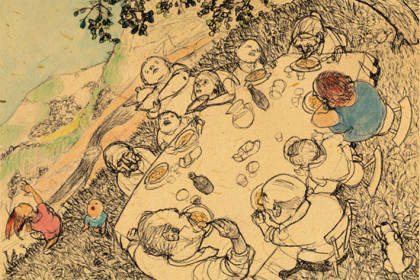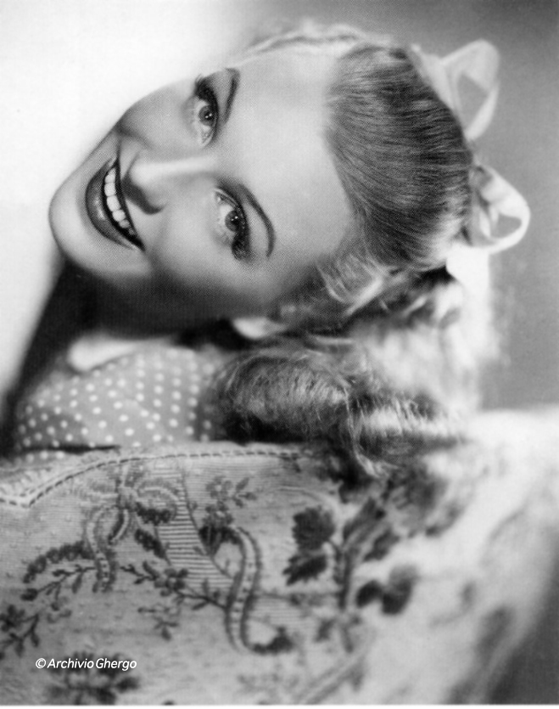
Christmas began with Santa Lucia and the first snowfall. There were many things to be done: gathering moss along the road to school for the crib, finding a Christmas tree in the pine wood, getting bunches of mistletoe in the oak woods, preparing the mixture for the spongata cakes and writing Christmas cards for relatives. We were all caught up in this pleasing rush of excitement. Right up to the big dinner on Christmas Eve. It was a dinner without meat but finger-licking good. The first course was a mushroom ‘zuppa’, a dish cooked only once a year on that evening. A layer of stale bread, which had been made strictly at home, was put in a large white porcelain oven dish, then a layer of porcini mushrooms and the ‘soffritto’, another layer of bread, more soffritto, then bread again, mushrooms and grated Parmesan cheese. The dish had to stay for roughly an hour in the oven at a low temperature until the top layer became crisp. The aroma of the mushrooms spread through every room in the house; perhaps Arco also smelled it in his basket in the farmyard.
An immense table was spread out in the shade of two over-twenty metre high acacias flanked by a giant horse chestnut: not a single ray of sunlight could penetrate the mass of green foliage. The whole clan of my father’s uncles and aunts, as well as my uncles, were all sitting there in their best holiday clothes. They relished the perfume of sage and rosemary emanating from the nearby bushes. The feast day menu never changed. Homemade pickles preserved in oil or vinegar (Uncle Morèt would never have touched “that stuff in jars”), home-cured salame, and a two year old Parma ham. A steaming tureen with thirty cappelletti in broth made from beef, capon, pork and chicken. A dish with twenty tortelli resting on a bed of melted butter sprinkled with a snow shower of three year’s old Parmesan. Rabbit “alla cacciatora” made in accordance with the recipe of Grandmother Marianna, enriched with precious variations by my mother. Chicken with lemon cooked in a casserole. ‘Zuppa inglese’. ‘Dolce amore’. Santa Vittoria watermelons fresh from cooling in the well. Finally, to digest it all, home made grappa and nocino. Under the tables, dozens of bottles once full of red Casatico wine. At seven in the evening, Uncle Morèt got up from the table and said “That’s enough boys, I’ve had my fill”. Then, Fortunato brought out his accordion and they all headed for the brick-paved farmyard. Polkas, waltzes and mazurkas. Just like in a Fellini film. After midnight Tonino pulled up in the farmyard in his Pallas. “Are you coming with me in the car, Dad?” “Polda and I are going home on foot. We’ve got to digest”.
From Sun and Snow by Luigi Alfieri
 English
English  Italiano
Italiano 


